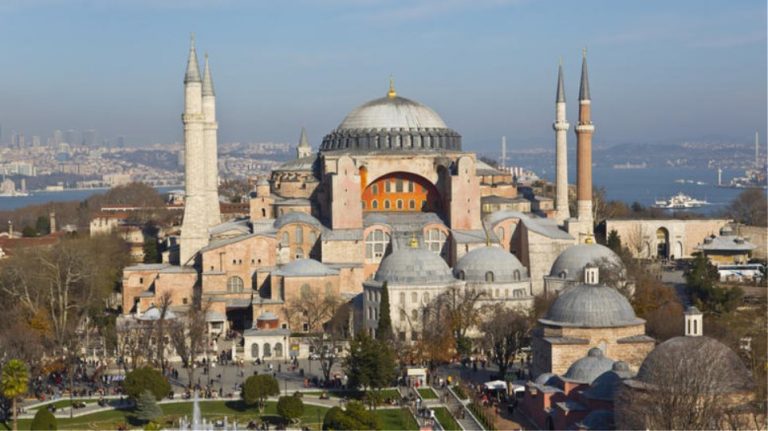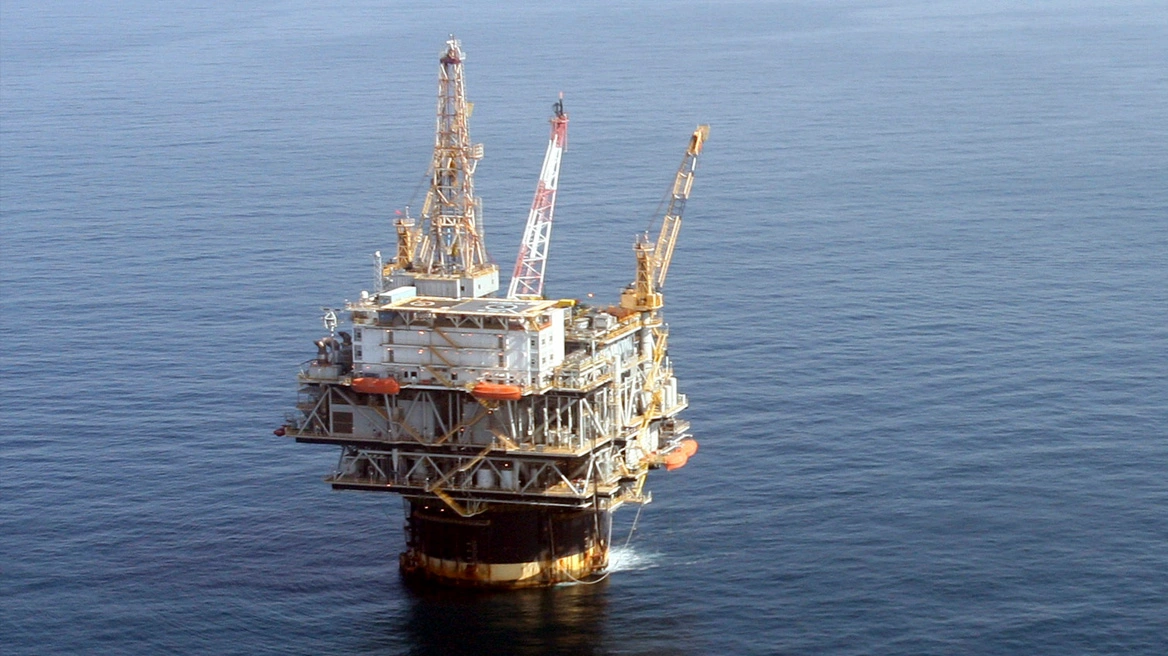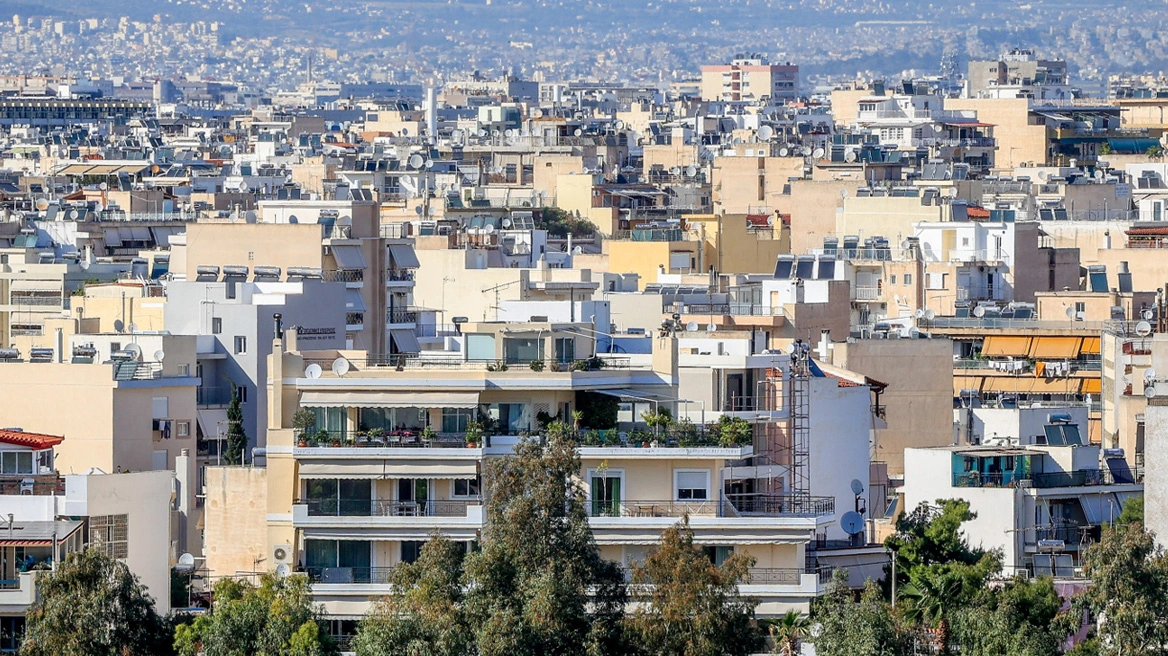Christians around the world have been outraged by Turkey’s decision to convert the Hagia Sophia cathedral into a mosque. This astonishing architectural masterpiece was completed in 537 and is considered one of the Orthodox church’s holy sites. (The cathedral was, for 57 years after the crusades, a Roman Catholic church.) With the Ottoman conquest of Constantinople in 1453, minarets were added, and it was converted into a mosque. In 1934, the secular leader of Turkey attempted to end the religious division over the building and turned it into a museum.
The reader should notice that I place the responsibility for Hagia Sophia’s conversion on the nation of Turkey, not on President Erdogan. The distinction is important because our foreign policy in the Middle East has been marked by a failure to understand what Samuel Huntington called ‘The Islamic Resurgence’. Rather than recognizing that Islam is undergoing a historic re-awakening, causing a sharpening of its hostility to the West, we have chalked up Islamic-Western tensions to a handful of bad guys: Ayatollah Khomeini in Iran, Osama bin Laden in Afghanistan, Saddam Hussein in Iraq, Bashar al-Assad in Syria, and more recently, Gen. Qasem Soleimani. With the conversion of Hagia Sophia, some foreign policy commentators want to add President Erdogan to the list.
Foreign-policy-by-bad-guy has led American policymakers to conclude that if we can just deploy enough drones, Rangers and SEALs to the Middle East and take these bad guys out, Islamic-Western friendship will flourish. Democracies will spring up, constitutional conventions will be called, Islamic George Washingtons will appear. Of course, nothing could be further from the truth.
At least 100 killed in two huge explosions in Beirut (videos of explosion) (Upd.)
Covid-19 – Professor Tsiodras warns young people can fall seriously ill
Consider what Huntington wrote in 1996 about the Islamic resurgence: ‘Beginning in the 1970s, Islamic symbols, beliefs, practices, institutions, policies and organizations won increasing commitment and support throughout the world of one billion Muslims stretching from Morocco to Indonesia and from Nigeria to Kazakhstan… In 1995, every country with a predominately Muslim population, except Iran, was more Islamic and Islamist culturally, socially, politically than it was 15 years earlier’.
Read more: Spectator
Ask me anything
Explore related questions





